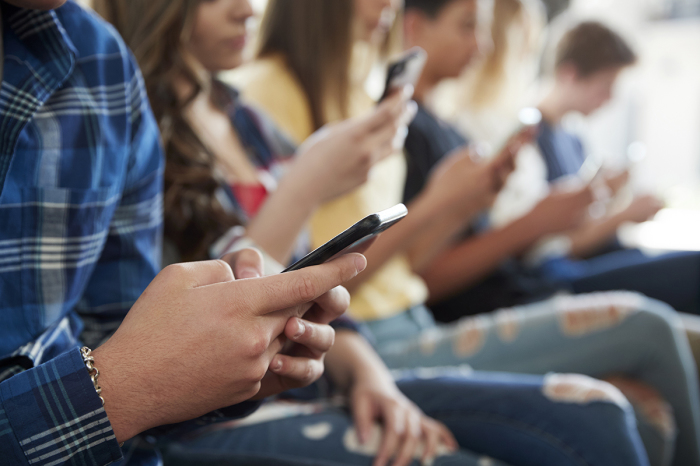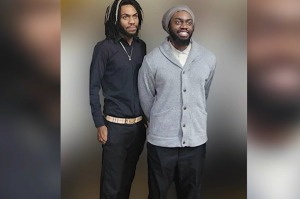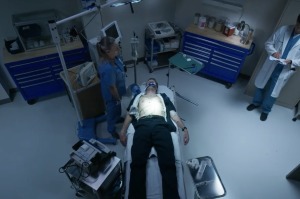Gov. Youngkin calls for cellphone ban in public schools in executive order
Over 3 hours on social media daily 'doubles risk of poor mental health'

Virginia Gov. Glenn Youngkin has released an executive order calling for the drafting of rules that would ban cellphones in public schools, citing mental health concerns.
Known as Executive Order 33 and released on Tuesday, the measure directs the Virginia Department of Education to issue guidance creating a "cellphone-free" public school environment.
“The necessity of implementing cell phone-free education in Virginia’s K-12 public schools is increasingly evident,” reads the executive order, in part. “Cell phone-free education will significantly reduce the amount of time students can be on phones without parental supervision.”
“Children spend an average of 4.8 hours a day on social media, and recent studies indicate that spending more than three hours a day on social media doubles the risk of poor mental health for adolescents.”
The executive order noted that, up until now, the prohibition of smartphones in public school classrooms has been at the discretion of individual teachers, “resulting in a variety of expectations and enforcement.”
“The issue extends beyond mere distraction,” continued the order, “substantial phone and social media use can have a cumulative, lasting, and detrimental impact on adolescents’ ability to focus and engage on their studies.”
Youngkin said in a statement Tuesday that he believes the order “will promote a healthier and more focused educational environment where every child is free to learn.”
“Today’s Executive Order both establishes the clear goal to protect the health and safety of our students by limiting the amount of time they are exposed to addictive cell phones and social media and eliminates clear distractions in the classroom,” Youngkin added.
“It also kicks off the robust conversations among parents, students, teachers, and school and community leaders necessary to design and implement these policies and procedures at the local level.”
In recent years, there has been an increased awareness about the potential harms that can come to minors because of extensive smartphone use and exposure to various social media platforms.
Professor Devi Sridhar, chair of global public health at the University of Edinburgh, wrote in a recent column for The Guardian that there was “emerging scientific evidence that extended periods of screen time, as well as certain social media experiences, have negative consequences, especially for younger users.”
“Experts have debated the role of smartphones in the rise of teen depression and anxiety since 2010,” Sridhar added. “While the pandemic accelerated rates of mental health issues, these trends were evident almost a decade before.”
Last month, the Los Angeles Unified School District in California voted to approve a resolution prohibiting smartphone use by students during the school day, which is set to take effect next year.
LAUSD Board Member Nick Melvoin, who sponsored the resolution, was quoted in a press release in June as saying that the ban on cell phones is for students' well-being.
“Kids no longer have the opportunity to just be kids,” said Melvoin. “I’m hoping this resolution will help students not only focus in class, but also give them a chance to interact and engage more with each other — and just be kids.”





























